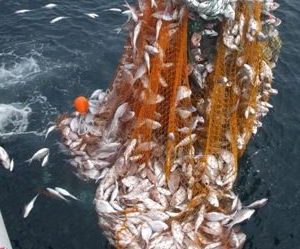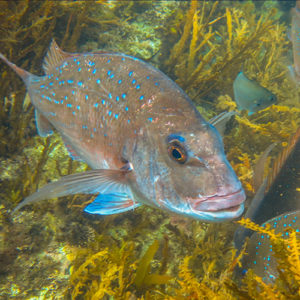Recreational fishers may be forced to take bag limit cuts of up to 40% to make way for commercial quota.
That’s because there’s simply not enough snapper in the area from North Cape to Cape Runaway to sustain demand. Our information reveals that the snapper stock level in the Bay of Plenty is much worse compared to levels in northern areas. In fact, it’s so low it’s in real danger of collapse.
The latest snapper stock assessment is nearly finished. The 13-year gap since the last evaluation is too long. Decisions the MPI (Ministry of Primary Industries) make this year about the “Snapper 1” fishery will determine the future of our snapper fishing.
You need to know that fisheries managers could consider taking the easy route by imposing a bag limit decrease of up to 40% on recreational fishers. This response would load most of the cost of rebuilding stocks on recreational fishers.

We object to any bag limit reductions until destructive and wasteful commercial fishing methods are stopped.
Hundreds of thousands of undersized fish are killed and dumped each year using bulk trawling methods. We think this blatant waste of our precious seafood is abhorrent.
The quota system largely leaves it up to commercial fishers to decide where and how they want to catch snapper in this area. This hands-off management approach has been bad for the Bay.
What’s worse, the shift away from longline toward trawl and Danish seine has seen more of the catch coming from the Bay of Plenty and less from other areas.
From 1994 to 2012 the commercial catch in the Bay of Plenty increased by two thirds (67%), while over the same period it decreased in East Northland and the Hauraki Gulf by over 20 %.
Changes are coming and we need to be ready. LegaSea is rallying support so we can effectively oppose these changes and stand up for our rights as recreational fishers.
Clearly, the Government has not held up their end of the bargain, to regularly assess the sustainability of this key inshore fishery, and we should not be penalised while blatant commercial waste continues.
If you value your snapper fishing we need your help. Please visit our website to register for our email updates and make a contribution today.





